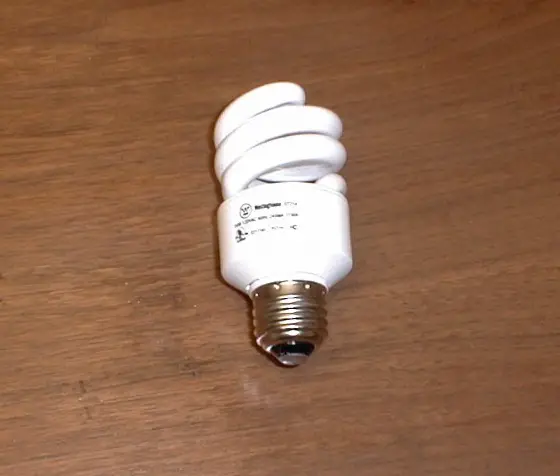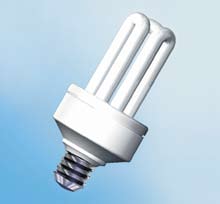Save with Compact Fluorescent Light Bulbs

Save with Compact Fluorescent Light Bulbs
In a previous column, I wrote about real ways to lower your utility bills. I get frustrated on a regular basis when I see other columns or magazine articles about all of these fantastic ways to save money. The problem with most of these articles is that they don't calculate the 'Return on Investment.'
What is the Return on Investment?
For example, just this past Saturday, I got a call on my radio show from a person who wants to tear into the plaster ceiling in his basement to add insulation so that the band board around his house would be warmer. He was hoping to raise the temperature in a bathroom. My reply was simple. Take the square foot area of the exterior walls and attic ceiling area of the house. Divide this number into the monthly or annual cost of heating and cooling the entire structure. Determine the percentage of the square foot area that represents the band board. My guess is that it would be less than three percent. When you do the math you might find out that it takes 50 years to get a payback! It might be better to not spend the money on the improvement and keep it in the bank. Use the interest to pay for the heat loss.

Compact fluorescent bulbs are four times more energy efficient than incandescent bulbs and provide the same light level. PHOTO CREDIT: U.S. Dept. of Energy
Well, guess what? You CAN save money and save it in a Big Way if you begin to buy compact fluorescent light bulbs (CFLs).
Significant Savings
If you buy just one CFL bulb and use it heavily, I doubt you will see a difference on your electric bill. But change over all of your bulbs and I guarantee you will see a difference. Over time the difference will not only pay for the bulbs but it will also keep money in your pocket instead of being distributed as dividends to the stockholders who own the utility company!
Read Joanne's question on CFLs - CLICK HERE.
Column B393